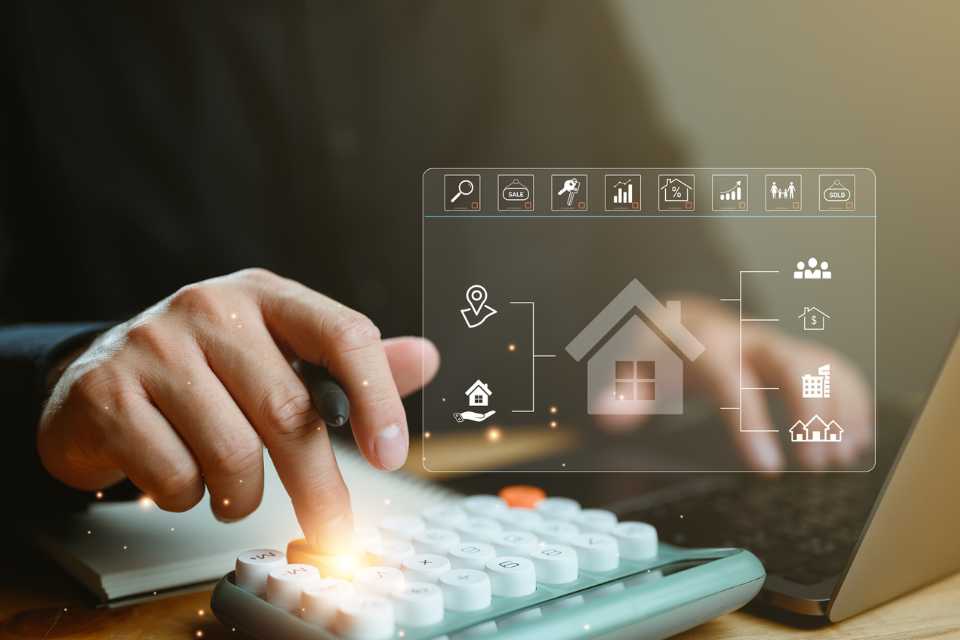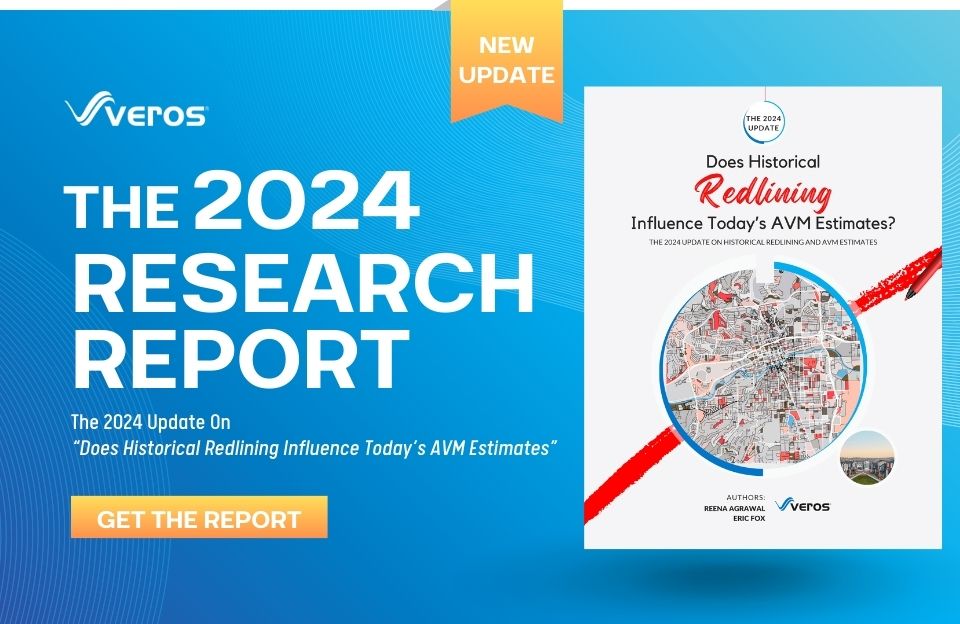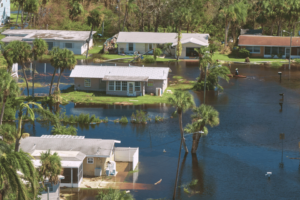As with any new technology, there are also potential risks associated with its use in the housing industry. For example, there is a risk that technology could be used to perpetuate discrimination against certain groups of people. It is important to ensure that technology is used in a fair and ethical way, and that it does not exacerbate existing inequalities.
Automated Valuation Models (AVMs) have emerged as a powerful tool in the housing industry, offering fast and efficient property value estimations. However, there is a concern that they have the potential to perpetuate racial bias in home valuations. AVMs rely on historical data to train their valuation algorithms. There is the potential that this data may reflect the discriminatory practices of the past, such as redlining, where neighborhoods with predominantly minority residents were denied financial services, including mortgages. Bias in home valuations could also result from the use of proxy variables like income levels, school ratings, and crime rates into their valuations. These factors can be heavily influenced by racial disparities in socioeconomic conditions. For example, a predominantly Black neighborhood might have lower average income due to historical discrimination in employment and education. This can lead the AVM to undervalue homes in that neighborhood. This makes it important to ensure that AVMs do not utilize any protected class variables or proxies that could introduce bias in their algorithms.
Implementing algorithmic fairness techniques and testing can help address biases within the AVM itself. These techniques involve identifying and correcting for biases in the model’s predictions, ensuring fairer outcomes for all communities. Veros’ economists investigated the potential impact of historical redlining by examining VeroVALUE AVM predictions for single-family properties in historically redlined versus non-redlined neighborhoods. This study found no evidence that redlining boundaries had any impact on VeroVALUE AVM home valuations after controlling for physical attributes of homes and other external factors. Veros plans to expand its investigation in the first half of 2024, analyzing data from several other metropolitan areas to further validate these initial findings.
These positive steps highlight the importance of continuously testing and refining automated valuation models. AVMs hold the promise of delivering accurate and fair valuations for all communities, regardless of historical redlining or other discriminatory practices.










